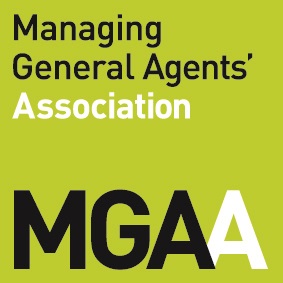The silly season is here and it’s important to remind clients to use caution on social media and publishing their whereabouts to potential burglars over the Christmas period.
A large part of the insurance industry is prevention of any occurrence that would end up as a claim. At Markham, we take this element seriously and stress to our clients that prevention is better than ending up in a hazardous situation. This is even more important in situations where we are physically at risk, and it’s not just possessions.Recent coverage regarding John Terry’s burglary highlights the importance of this. Burglers tracked his whereabouts from a photo posted on social media and broke into his home, knowing that he was not in the country.
Here are some good tips on keeping you and your posessions safe around the holiday season:
- Don’t overtly show off your new gifts
- Keep the boxes that your high spec items came in unexposed when recycling. This is a clear indication to a burgler that you have just received new items for Christmas
- Check your privacy settings on your social media profiles and turn off any location settings which can inadvertently expose your whereabouts
- Ensure your house is secure in the run-up to Christmas especially when Christmas presents are left under the tree
Personal Risk
These days, your possessions are not the only thing at risk. Personal crisis insurance is becoming more mainstream and relevant in society. Cyber crime, extortion and ransom situations, are unfortunately coming up more and more.
Some good tips to help you remain safe:
- Keeping apps updated to the newest version is good practice – as these will often contain security patches to ensure the apps you use are as safe as they can be to avoid any unwanted data breach.
- Use only secure wi-fi networks, this will avoid anyone prying on unencrypted traffic, meaning that if someone had the software they can intercept what you are looking at and potentially capture sensitive information.
- If you have to use public network, avoid entering login details for banking sites or your email.
- Enable two point authentication password for email account, so your email account cannot be entered without your phone.
- Finally, always look for a green lock (or the bar will go green depending on the browser you use) on the address bar along with https:// in the URL – the ‘s’ stands for secure, it means all communications between your browser and the website are encrypted.


